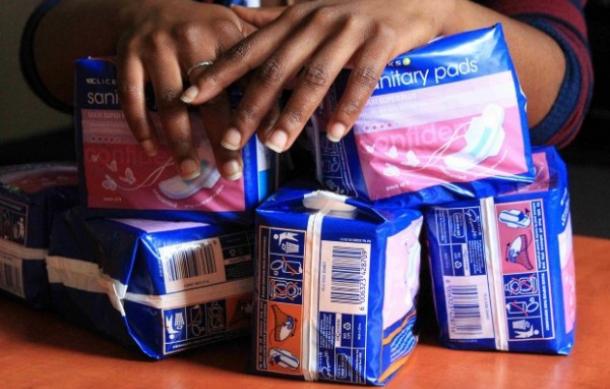
The Minister of Education, Arts, and Culture, Anna Nghipondoka, has presented the provisions, systems, and processes designed to provide sanitary materials to underprivileged schoolgirls across schools in Namibia.
Nghipondoka pointed out that the Basic Education Act of 2020 contains explicit provisions for giving sanitary materials to girls in schools.
"As of 2016 until date, schools have been directed to allocate N$5 multiplied by the total learner enrollment towards the Dignity Project, which must cater for items such as the provision of sanitary pads. The guidelines for the school grant use, in addition to the allocation per learner, provide for the provision of health and hygiene products in the sense that the school will provide a maximum startup amount of N$2,000 for primary schools and N$3,000 for secondary schools for starting an income-generating project for the purchase of sanitary pads and other essential toiletries for learners in need."
In line with the School Grant Policy for the financial year 2024/2025, the ministry has increased funding for health and hygiene needs, including sanitary wear and toiletries, to N$15 per learner on top of the Education Grant.
"Within the Ministry of Education, we host an organisation known as the Forum for African Women Educationalists in Namibia, which is partially funded by the Ministry of Education and partly by donors. For this year alone, under what is referred to as dignity packs, we budgeted N$439,335 and reached out to about 1400 girls and boys in the Omusati and Ohangwena regions. Further, our ministry, in collaboration with the Ministry of Agriculture, Water, and Land Reform, the Ministry of Health and Social Services, and the Ministry of Urban and Rural Development, implements the CLSS (Community Lead School Sanitation) Programme."
Ndhipondoka also highlighted the implementation of a step-by-step bookkeeping and reporting process, with separate reporting lines for hygiene, sanitation, and the Dignity Project.





